
Is Live Music Broken: It's Not Just Ticketmaster; It's Everything.
The nightmarish experience Taylor Swift fans went through earlier this year has sparked debate over monopolies and how tickets are sold. But it’s more than just Swift’s upcoming tour — the entire concert industry is facing unprecedented challenges.
Recommendation
In the 1970s, Ticketmaster computerized its operations to gain first-mover benefits and market share. Since then, following its growth strategy, Ticketmaster has bought up its rivals in its effort to control the live-event industry from venues to promotions to tickets. Writing for The Ringer, arts and entertainment journalist Nate Rogers lays out the perils artists face in a one-corporation market and probes potential fixes to keep live music vital. Ticketmaster/Live Nation’s near monopoly of live events helps superstars succeed, but, Rogers reports, other artists can’t make a living. Anti-trust experts worry about similar consolidation in other sectors.
Summary
About the Author
Nate Rogers is a freelance journalist covering arts and entertainment.







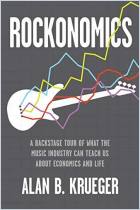
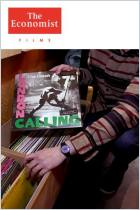

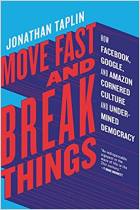
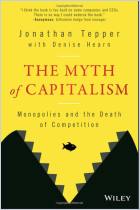
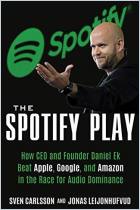


Comment on this summary or Start Discussion